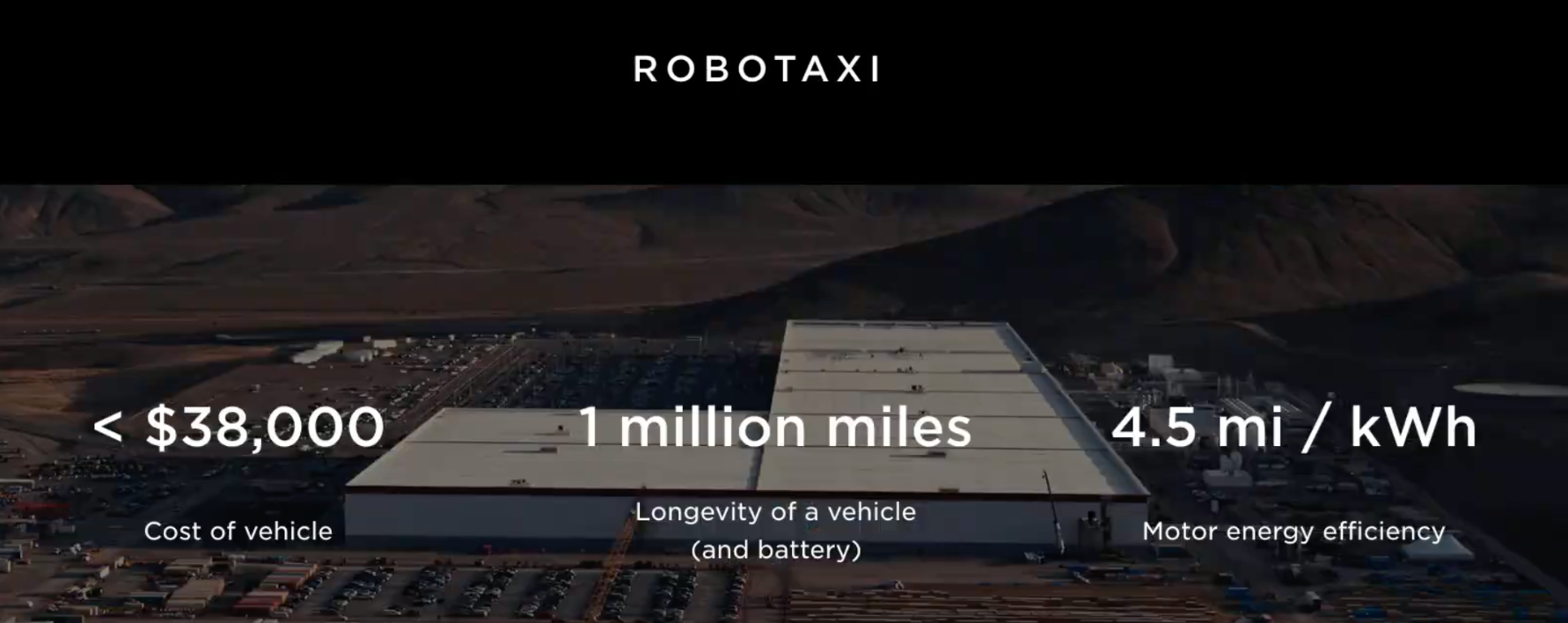Sign up for daily news updates from CleanTechnica on email. Or follow us on Google News!
On August 27, 2024, Oil Change International published a report that details the amount of money being spent by various governments around the world to promote carbon capture and various hydrogen schemes, technologies it claims are a waste of money, time, and effort. That report, entitled “Funding Failure: Carbon Capture and Fossil Hydrogen Subsidies Exposed,” reveals how governments in North America and Europe are preparing to waste hundreds of billions of taxpayer dollars on these ineffective technologies, further benefiting the fossil fuel industry, despite their record profits.
“The fossil fuel industry delays climate action, distracts from real solutions that would end the fossil fuel era, and does everything in its power to squeeze the last drops of profit from a dying industry, at the expense of all of us,” the report claims. “Carbon capture and hydrogen subsidies prolong the fossil fuel industry, boosting corporate profits and reversing progress on shifting public finance for dirty energy to pay for a just energy transition. Although carbon capture projects are failing, they are being used to justify fossil fuel expansion diverting investment from existing and effective alternatives like renewables, energy storage, and energy efficiency.
“Governments must eliminate subsidies and public finance for fossil fuel extraction and infrastructure, including carbon capture and fossil hydrogen, by 2025. They should implement tax policies that disincentivize new fossil fuel investments and maximize public funds for a just transition and climate impacts. Additionally, governments must fulfill their global climate finance commitments and support a new, ambitious cross-cutting climate finance goal, with rich countries paying their fair share on fair terms to avoid worsening the most widespread debt crisis in history. Prioritizing public finance for communities most in need and key infrastructure for a just energy transition is essential.”
Subsidizing Oil Companies
OCI claims the 45Q tax credit provided by the Inflation Reduction Act cost US taxpayers $1.3 billion through the end of 2022. That figure could grow to over $100 billion in the coming decade. Another $4 billion has been spent by the United States and Canada subsidizing carbon capture for enhanced oil recovery, which in effect is using public money to subsidize oil production. Its Policy Tracker, which covers global government policies announced since 2020 that financially support carbon capture and hydrogen, shows that public spending on so-far-counterproductive carbon capture and hydrogen could grow to amount to as much as $240 billion in the coming decades. Exxon, which was once a carbon capture skeptic, now enthusiastically supports the technology as it has realized there are billions of dollars in public money available to help it continue destroying the environment with its products in the years to come.
“The United States and other governments have little to show for these massive investments in carbon capture — none of the demonstration projects have lived up to their initial hype,” Robert Howarth, professor of ecology and environmental biology at Cornell University, told The Guardian. “It is instructive that industry itself invests very little in carbon capture. This whole enterprise is dependent on government handouts.”
The subsidies are a “colossal waste of money,” according to Harjeet Singh, global engagement director for the Fossil Fuel Non-Proliferation Treaty Initiative. “It is nothing short of a travesty that funds meant to combat climate change are instead bolstering the very industries driving it. While investing billions in technologies that further entrench fossil fuel use, developed countries simultaneously neglect their moral and financial responsibilities to fund crucial efforts in vulnerable communities. That’s the grim irony.”
Oil And Public Policy
With time running out to curtail climate catastrophe, critics of CCS and hydrogen say public money should be focused on proven, less risky solutions such as plugging leaky oil wells, energy efficiency for buildings, transport electrification, and renewables that will speed up the green transition. The US and Canada have spent more than $4 billion to subsidize the capture of carbon dioxide that is then used to extract hard-to-reach oil reserves, a process known as enhanced oil recovery according to the OCI report.
“The history of CCS is depressing and no significant innovations have improved CCS’s prospects,” said Charles Harvey, professor of environmental engineering at the MIT who co-founded the first private CCS startup 15 years ago. “Nonetheless, we are again wasting money on CCS that could be used instead to effectively cut emissions, distracting ourselves from the necessity of moving away from fossil fuels, and perpetuating a polluting industry whose local harms often fall on minority and economically disadvantaged communities.” Globally, governments provide up to $1 trillion in direct fossil fuel subsidies annually. However the true figure is closer to $7 trillion when the climate, environmental, and health costs were taken into account, according to the International Monetary Fund.
Chris Bataille, an IPCC expert on decarbonizing heavy industry and an adjunct research fellow at the Columbia University center for global energy policy, told The Guardian subsidies should come with conditions and target products, not processes, in order to achieve a just and economically sound green transition. “I don’t think we should be directly subsidizing CCS ever but we should directly subsidize clean things that are useful to people. Staggered subsidies for clean iron which is key to making steel, clean ammonia which is key for fertilizers and clean clinker for cement, would channel the market, which is the whole idea of government regulation. Companies are designed to make profits, they only consider what is priced, so subsidies should come with conditions, including mandatory net-zero transformation plans.”
The Takeaway
CleanTechnica readers, who are a savvy lot, understand that using public money to support the extraction of more fossil fuels is a fool’s game. It is a way of slow walking a transition to clean energy that needs to proceed rapidly if humans are to have any hope of addressing the existential challenge of an overheating planet in time to prevent dire consequences. Using public money to support rapacious fossil fuel companies who pillage the Earth and then gouge their customers is more about corporate welfare than climate action.
Rather than capturing carbon dioxide from making cement or steel, we should be investing in technologies that produce cement and steel with much lower carbon emissions. Public subsidies that benefit private corporations should be designed to change corporate behaviors so they support a just, sustainable society, not threaten the environment with an overload of pollution. If corporations truly are “citizens” in the eyes of the law, then they should be held to the same standards as actual citizens. If it is not okay for a person to dump effluent on the neighbor’s lawn, why is it okay for a corporation to dump its effluent into the sky? And why should taxpayers be asked to support such antisocial behavior with public funds? If you have answers to these questions, please share them with us in the comments section.
Have a tip for CleanTechnica? Want to advertise? Want to suggest a guest for our CleanTech Talk podcast? Contact us here.
Latest CleanTechnica.TV Videos
CleanTechnica uses affiliate links. See our policy here.
CleanTechnica’s Comment Policy





_Logo.jpg)